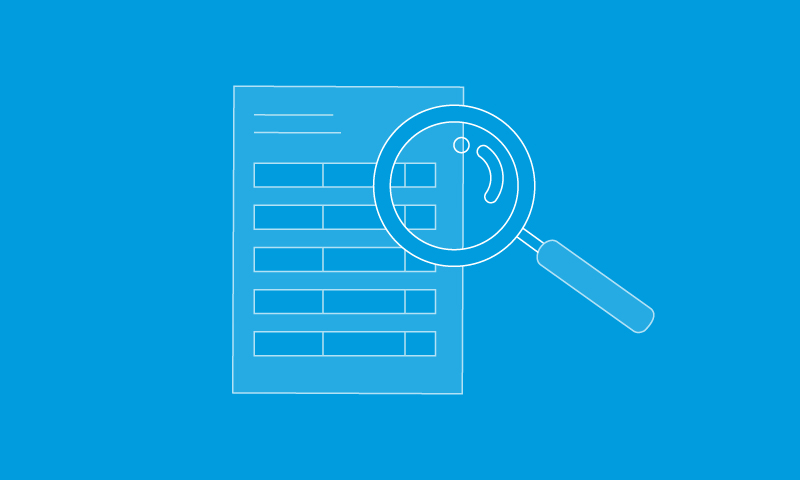When setting up in a new jurisdiction, business leaders often assume that their in-house finance team will have the knowledge to manage the local books and records. But while accounting for transactions is a relatively simple task, it’s important to consider the local nuances – with VAT (value added tax) in the UK being the perfect example.
Accounting for UK VAT without the knowledge of which rate should be applied (there are multiple rates) on sales invoices and what you can and can’t claim back, can become onerous. Unpicking and amending errors throughout the year can be costly, particularly if your company receives a visit from the UK tax authority (HMRC). HMRC can apply surcharges and penalties if your accounting for VAT has not been accurate and timely.
Rules introduced under the UK’s Making Tax Digital initiative mean VAT-registered businesses with taxable revenue above the VAT registration threshold need to keep digital records and submit VAT Returns to HMRC using compatible software. Your software programs may or may not need to be digitally linked where a combination of programs is used.
Many companies assume they can maintain the UK books and records through their US ERP dataset, often forgetting to set up the appropriate general ledger codes to denote a UK cost. Operating in this way can create unnecessary time and cost pressures at year end when a clean set of financials for the UK entity must be prepared for compliance purposes.
It is strongly advised that, at the very least, a UK dataset and appropriate UK general ledger codes are set up within the US ERP system to maintain UK bookkeeping separately and accurately. This dataset should also have UK VAT codes as mandatory, which feed into local VAT reports.
We can help
Our Foreign Direct Investment team knows how critical it is to get expansion plans right first time. We can provide expert advice to ensure you have the right long-term solution.
Contact us to discuss your business.













